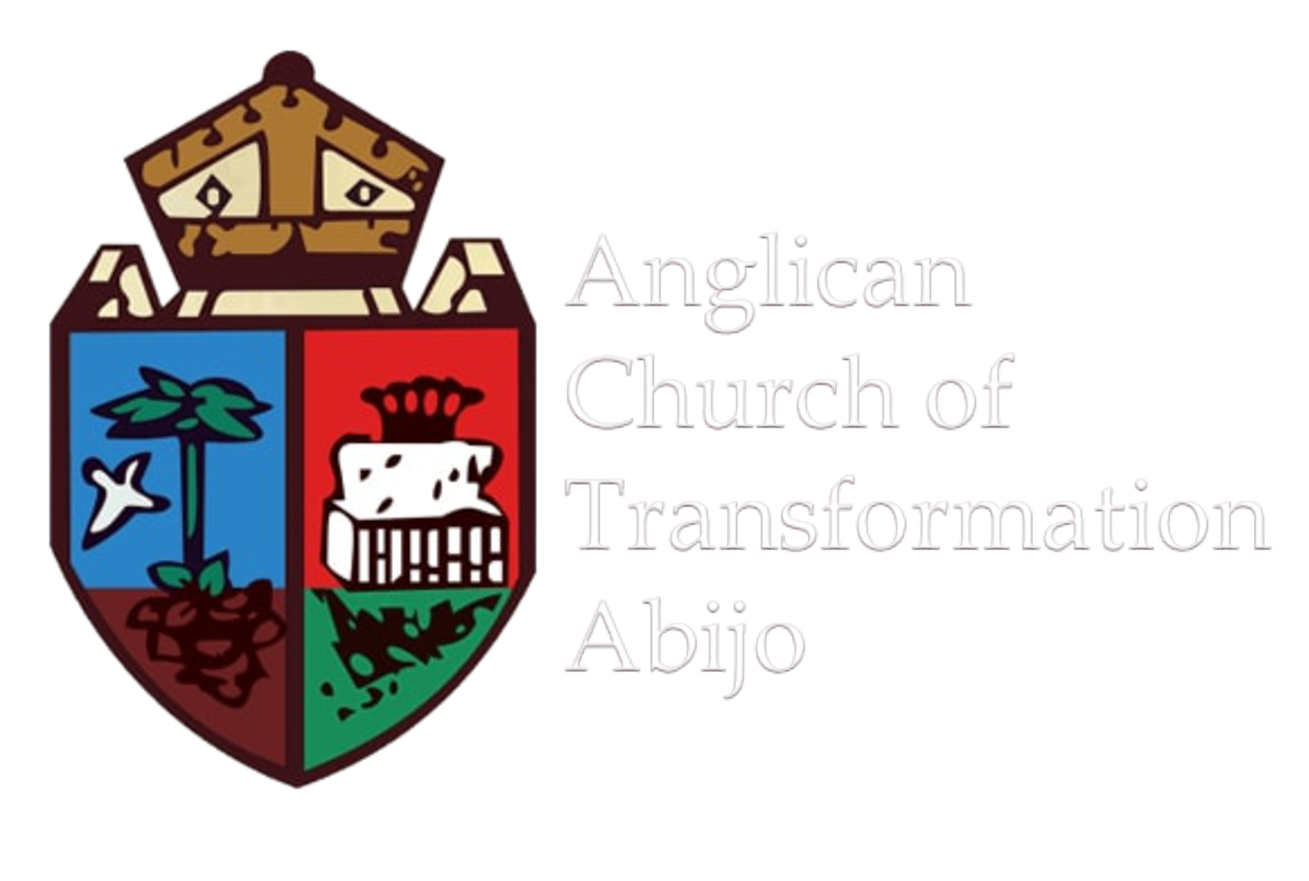The Church year begins 4 weeks before Christmas, which is either the last Sunday in November or the First Sunday in December, depending on the calendar of December and how Christmas the 25th fits in.
The seasons of the Church takes us through the life of Christ, from before His birth to the time after His death.
The Church year begins with the season called ‘Advent’. This word comes from the Latin ‘adventus’ and it means ‘coming’. It has 4 Sundays, during which we prepare for the coming of our Lord Jesus Christ. The liturgical colour here is violet or purple symbolizing repentance and fasting, and joyful expectation. Purple is also the color of royalty and the sovereignty of Christ, demonstrating anticipation of and reception of the coming King celebrated during Advent.
After Advent comes the great feast ‘Christmas’ traditionally celebrated on 25th December. It is a time of great happiness and joy. We give and receive presents to show our joy and love. Most times we forget the celebrant! The liturgical colour here is White or Gold, signifying celebration.
12 days after Christmas January 6, is ‘Epiphany’. This is a Greek word, which means ‘appearing’. Christ is manifested to the 3 wise men, who in turn announce Him to the world. It is also called the ‘Feast of Lights’ because of the star that guided them to Christ. The First Sunday after Epiphany is celebrated as the ‘Feast of the baptism of our Lord Jesus Christ.’
The Last day of Epiphany is ‘Shove Tuesday’ so called from the ancient custom of going to the priest to be shriven (stripped) of one’s sins by confession and receiving absolution before beginning of Lent the next day ‘Ash Wednesday’
Ash Wednesday marks the beginning of the Lenten Season. This is the time of 40days, signifying the forty days our Lord spent fasting and praying in the wilderness. It is marked by sorrow for our sins and some form of penance, to show that we are really trying to live as Christ showed us. It ends with Holy Week, which includes Holy Thursday, popularly called Maundy Thursday, when we celebrate with our Lord ‘The Last Supper’, and Good Friday when Christ died on the cross.
During Lent we do not say the ‘Glory to God in the Highest’ or the ‘Alleluia’, so as not to anticipate the joy of Easter.
Easter is the greatest of the whole year. It is even greater than Christmas, since the fulfilment of something is greater than its promise. On this day Jesus rose from the dead, and promise that we, too, will rise one day. This is why the early Christians changed the sabbath from Saturday to Sunday, and so in this sense every Sunday is a ‘little Easter’, and should be a day of great joy and hope and celebration.
We would continue next week.
God bless you.
Your Vicar and friend,
The Revd. Kiri Wakama

